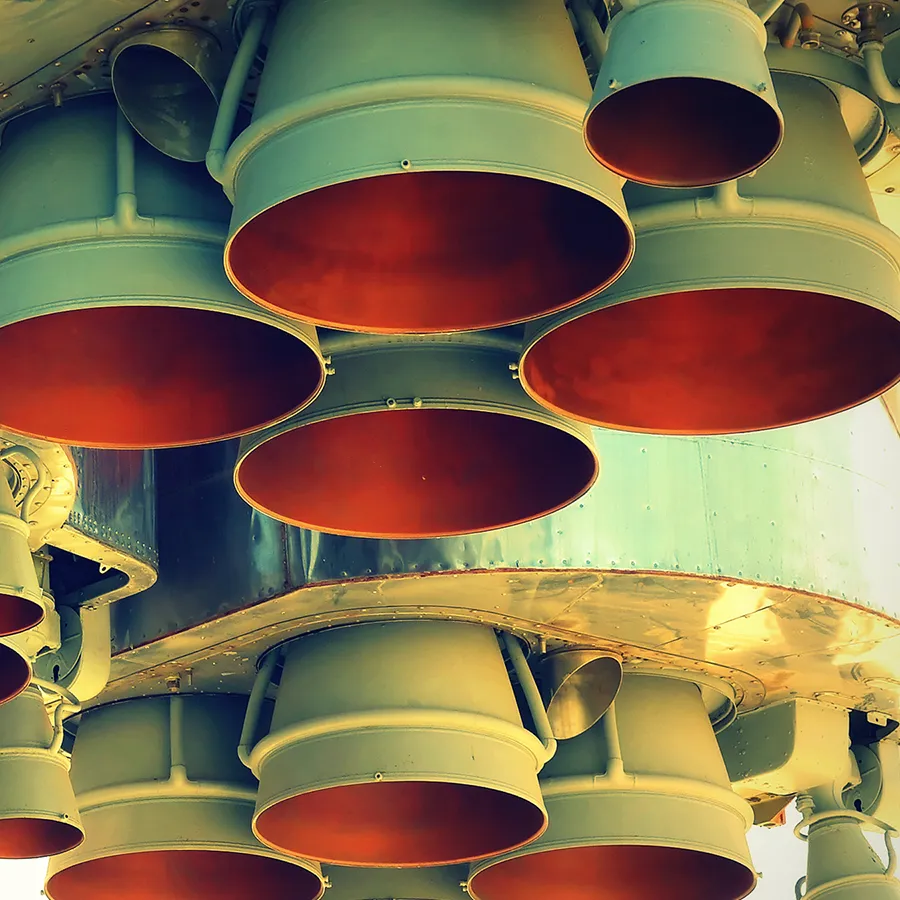Are you looking for a career that delves into the cutting-edge world of space exploration? If you have a passion for exploration and the drive to continue learning and discovering, the dynamic field of Aerospace Engineering promises a rewarding career path.
As an Aerospace Engineer, you’ll play a crucial role in shaping the future of satellites and space travel, pushing the boundaries of innovation and ensuring the safety and efficiency of complex aerospace technologies.
You’ll tackle challenges ranging from aerodynamics and propulsion to materials science and control systems, using your technical knowledge and problem-solving skills to contribute to humanity’s endeavours beyond the Earth’s atmosphere.
1000

Lorem ipsum dolor sit amet, consectetur adipiscing elit. Ut elit tellus, luctus nec ullamcorper mattis, pulvinar dapibus leo.
Working at sea can be physically and mentally demanding, but the satisfaction of a job well done can be very rewarding.
The dynamic and ever-changing environment at sea can be both challenging and exciting, and offers a unique work experience that sets it apart from traditional land-based careers.
Life at sea can foster a strong sense of community, as crew members work and live closely together for extended periods of time.
Lorem ipsum dolor sit amet, consectetur adipiscing elit. Ut elit tellus, luctus nec ullamcorper mattis, pulvinar dapibus leo.
You'll enjoy an intellectually stimulating career, tackling complex challenges and facing intricate problems related to aerodynamics, structural design, propulsion, control systems, and more.
By contributing to expanding human knowledge, pushing boundaries and opening up new possibilities, you’ll play a vital role in advancing our understanding of space and enabling human exploration.
You’ll enjoy an exciting and diverse career with opportunities to travel the world and experience new cultures and environments.
By designing safer, more efficient and environmentally friendly satellites and spacecraft, you can have a tangible impact on society, directly contributing to the improvement of transportation, communication and scientific research.
New technologies, materials and design concepts emerge regularly in this rapidly-evolving industry. You’ll enjoy plenty of opportunities to learn and stay at the forefront of the latest advancements in Aerospace Engineering.
Use cutting-edge satellite technology contributing to groundbreaking advancements in communication, navigation, Earth observation, and space exploration.
To become an Aerospace Engineer, you’ll need a strong foundation in Maths and Physics. You don’t have to have a specific aerospace qualification to work in the space industry. At College you could study A Levels, or an engineering Diploma, T Level or Apprenticeship. You could then go on to study a Higher Technical Qualification or Degree in General, Mechanical and/or Electronic Engineering and apply that to the aerospace industry.
If you’re unsure what level you should be applying for you can find out more how all of the levels compare here
How do I start bullets



To become an Aerospace Engineer, you’ll need a strong foundation in Maths and Physics. You don’t have to have a specific aerospace qualification to work in the space industry. At College you could study A Levels, or an engineering Diploma, T Level or Apprenticeship. You could then go on to study a Higher Technical Qualification or Degree in General, Mechanical and/or Electronic Engineering and apply that to the aerospace industry.
If you’re unsure what level you should be applying for you can find out more how all of the levels compare here
Feeder courses are…
Lorem ipsum dolor sit amet, consectetur adipiscing elit. Curabitur laoreet dui non elementum venenatis. Fusce ultricies non neque id cursus. Duis dictum nibh nec leo convallis pellentesque. Curabitur lacus ligula, tempus bibendum est eget, pellentesque dignissim nunc. Maecenas dapibus nibh eget sem tincidunt